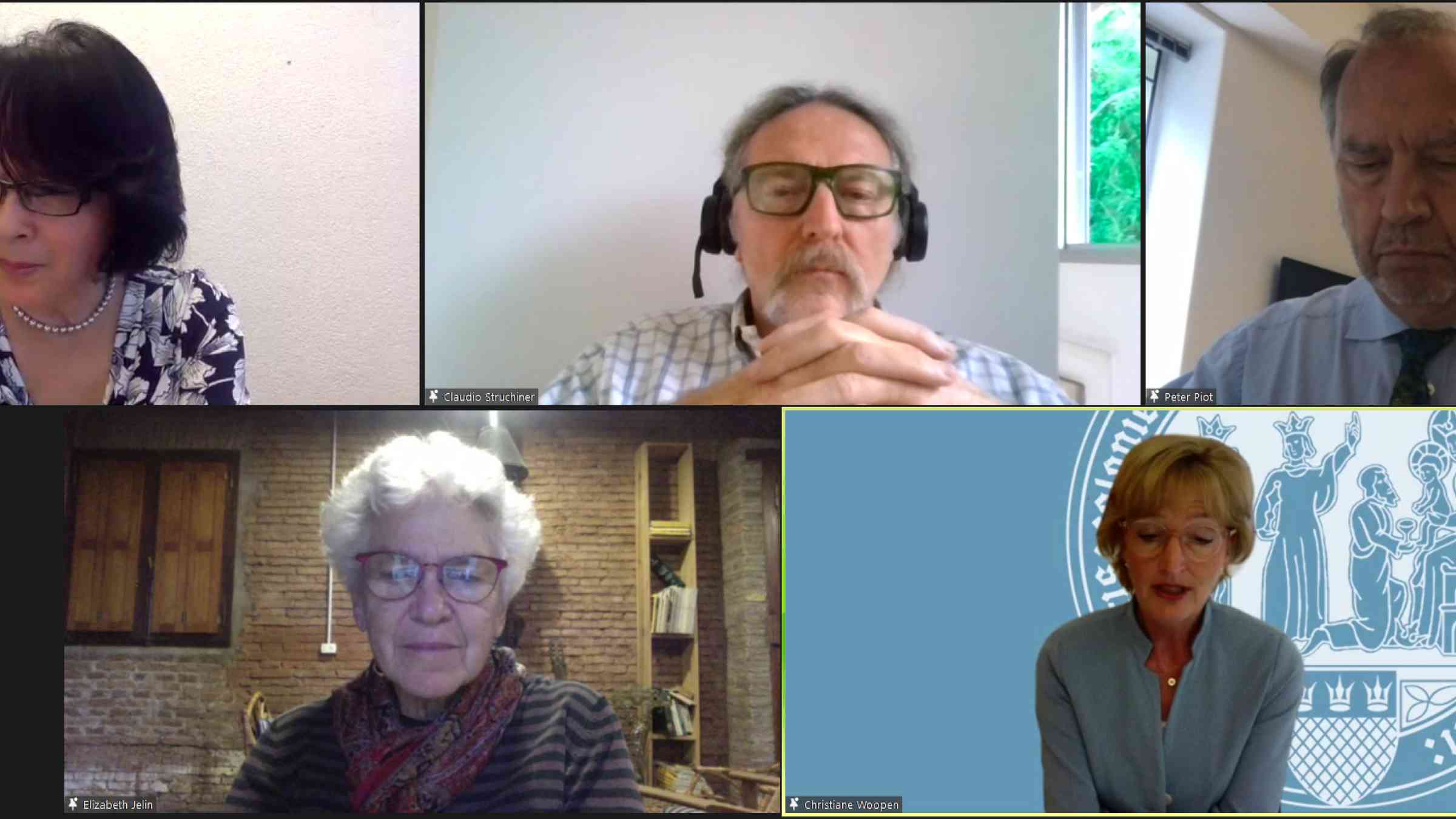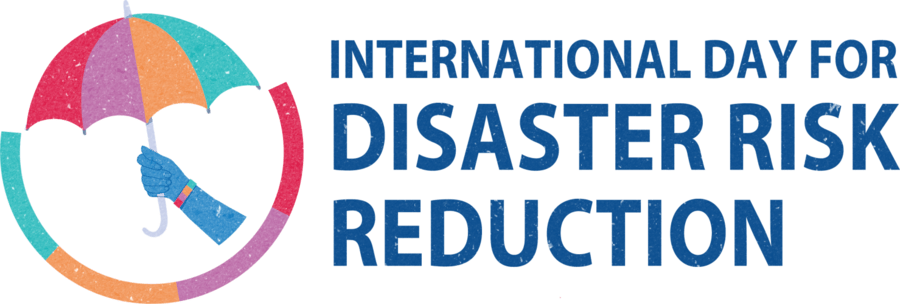Inclusion and equality will determine effective COVID-19 response

UNDRR chief, Mami Mizutori, this week expressed her belief that the COVID-19 Scenarios Project spearheaded by the International Science Council (ISC) “will make a major contribution to guiding governments and policymakers along an effective pathway towards control of the virus.”
Mz. Mizutori, the Special Representative of the UN Secretary-General for Disaster Risk Reduction, added that the Project backed by both UNDRR and WHO would also help lay “a foundation for how the world faces up to future pandemics.”
She was speaking as moderator of the High-Level Political Forum session, Enhancing Policy-making During an Emergency: Lessons Learned from the COVID-19 Pandemic featuring a range of experts who are members of the panel overseeing the Project which will present the results of its deliberations later this year.
Introducing the topic, ISC Project Lead, Inés Hassan, said what emerges next will depend on several factors but while many actors are now focused on the short-term pandemic outcomes, decisions taken today will have an impact on the long-term global health, economic and inequality outcomes. This is why it was important to look at the lessons learned from the pandemic for policy-making.
In her opening remarks, Ms. Mizutori said: “The struggle to end this pandemic is in many ways about disaster risk governance at global, regional and national level.
“It is the quality of governance and a focus on inclusion and equality which will determine whether viral control is pursued effectively in every country.
“Much needs to be done to strengthen governance systems to cope with the challenges that lie ahead, challenges which go beyond the development and distribution of vaccines.
“Ultimately, this means building resilience, preparedness for the next pandemic, providing affordable and easy access to effective vaccines, to build a more resilient world where no one is left behind.”
In the ensuing discussion, Dr. Peter Piot, co-discoverer of the Ebola virus, said: “It is very clear to me that we are living in age of pandemics because of our inability to live in harmony.”
The Director of the London School of Hygiene and Tropical Medicine, Dr. Piot identified the key challenges for decision makers as managing uncertainty, managing risk and establishing trust in the science.
Dr. Claudio Struchiner, a Brazilian mathematician and university professor, said “Science is one of the pillars of democracy and an attack on science is an attack on democracy.”
He warned against downplaying he importance of consensus on science. The world is connected and there is no way to control an outbreak in one place without controlling it everywhere.
Prof. Elizabeth Jelin, an Argentinian social scientist, stressed that there was no way forward “if we do not get rid of inequality. There is a limit to resilience. When there are no resources resilience is a concept that does not apply. We have to see the health issues as part of a much larger concern and what the rich are doing to the environment.”
Prof. Christiane Woopen, University of Cologne, said the pandemic had exposed “a shaming amount of injustice and inequality.” While global wealth is increasing millions are living in severe poverty; this has to be addressed.
Prof. Woopen added that she would like to see an international treaty with UN engagement to prepare and manage pandemics and an international financing instrument to support the fair and equal distribution of vaccines.
The full panel discussion can be watched on YouTube through this link https://www.youtube.com/watch?v=O8iSrUR3Bq
